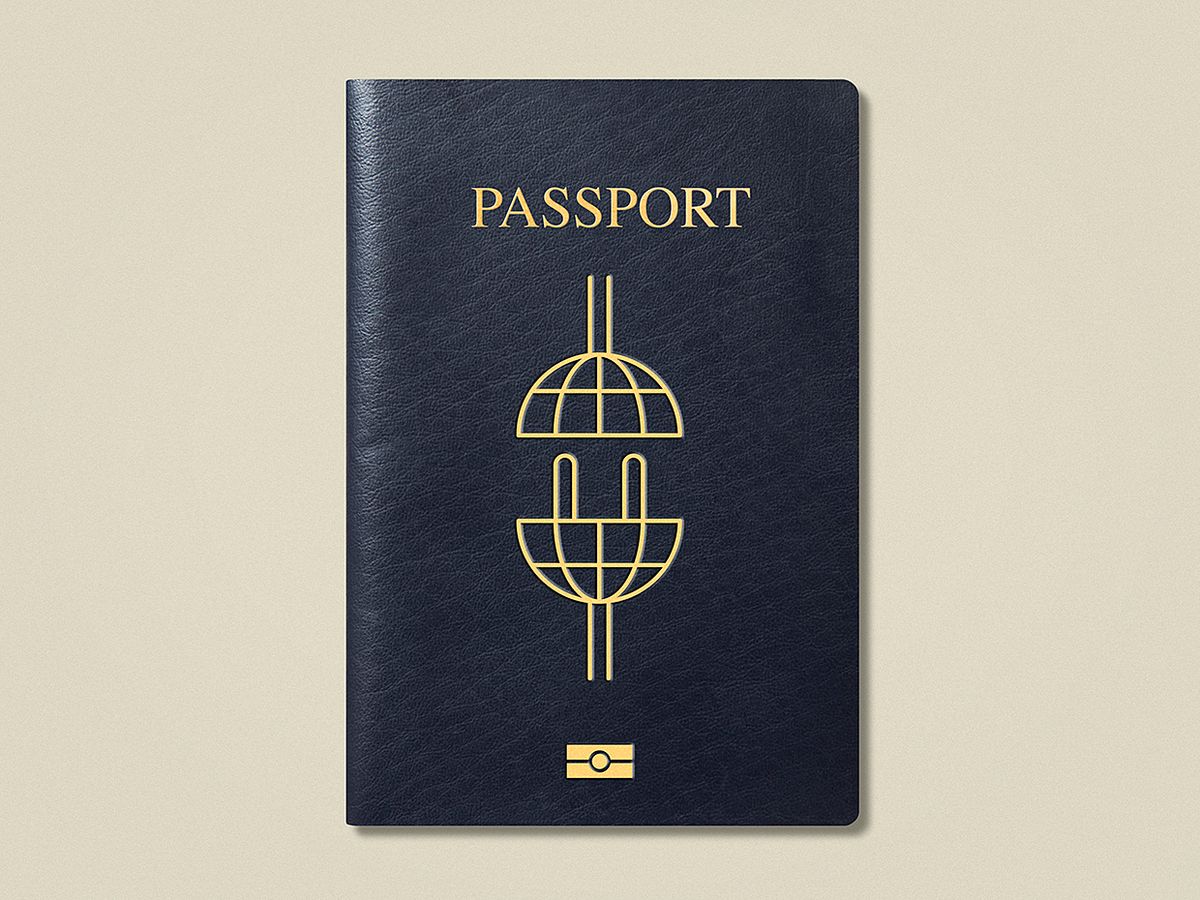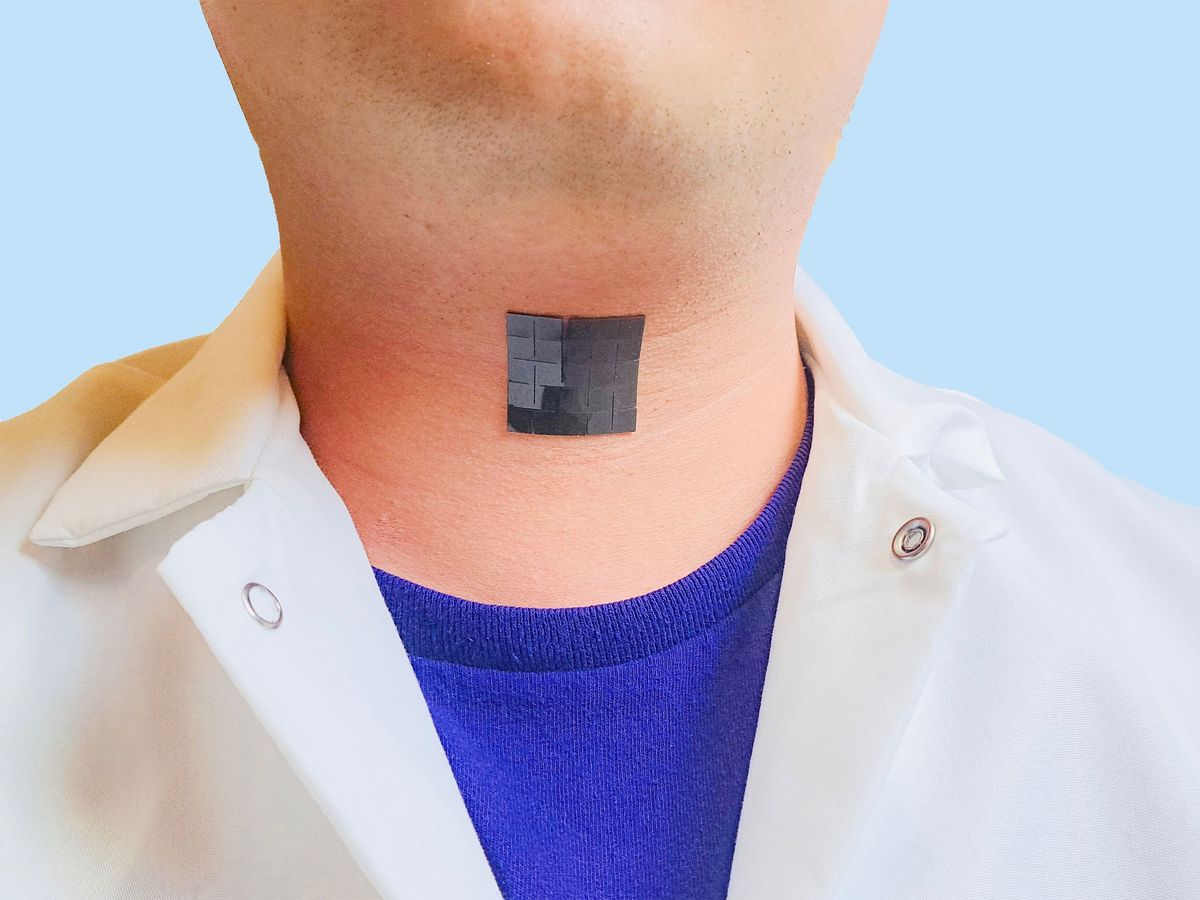THE ENGINEER’S PLACEThe world is connected. For many of us, the concept of global citizenship is hardwired into our daily lives. Many engineers have migrated from their home countries to other lands, sometimes temporarily to attend university, and then to work for a few years, sometimes forever.
Estimates of engineers in the United States say one in five, or even one in four, are non-natives. While sub-fields vary, the percentage of foreign-born engineers in the U.S. has risen this century. A study by the National Science Foundation in 1999, found 17 percent of US working engineers were non-native born (compared to 10% of all workers in the U.S. 25 and older). Today, at least 20 percent are non-natives.
For these engineers, keeping a connection to the folks back home is soul-nourishing. And they aren’t alone. Across the globe, electrical and electronics engineers are on the move, with significant numbers educated in Asia and Latin America working now in Europe and the Middle East. The high rate of mobility likely makes electrical engineering on of the most globalized professions on the planet.
My insights about expat engineers are drawn from close observations of diverse technical communities over the course of the 25 years: from 50 visits to sub-Saharan Africa; two dozen to Southeast Asia, including four to Borneo’s digital-enclave in Kuching; a half-dozen visits to the former Soviet republics of Estonia and Moldova; and single lengthy visits to South Korea and Peru. In all of these places, mastering digital and electrical technologies remains central to improving living standards and deepening global connections.
How to sustain connections is personal, and often defined by the needs of family members who stayed behind. Engineers on the move, however, find effective ways to help their home places while in faraway places.
Doing so is tricky. A lot can go wrong, even when an engineer has the best intentions. What follows are some tips on how expat engineers can sustain meaningful, gratifying and pragmatic connections with their countries of origin.
To get started, ponder basic choices. Do you wish to give money, advise distant projects, train technical people in far-flung places or visit yourself and act? These four categories of connection offer different levels of commitment, cost, risk and reward.
Giving money, in the form of donations to a worthy organization or direct cash transfers to a family member, is simple, easy and popular. If you choose this path, you can heighten your engagement by earmarking funds for specific work and by linking future donations achievement of concrete goals. For my wife, who was born and raised in Nigeria, physical evidence of success is always welcome. When she gave money recently to relatives to build a new well, she received videos via the WhatsApp of water gushing out of the ground.
More robust assistance can come from working with existing organizations. One of the most imaginative and flexible at the start of this century was Geekcorps, co-founded by Ethan Zuckerman, now a professor in MIT’s Media Lab. The non-profit paired visiting engineers from North America with counterparts in African cities around digital projects, many based on fast-changing mobile technologies. Geekcorps is today a unit of DC-based International Executive Service Corps.

Plugging into an organization of do-gooders can be difficult for those steeped in corporate values. Many of the engineering projects mounted by non-profits can appear as make-work, designed more to give training and experience to local technologists than to actually build a working system. At times visiting engineers find they are doing all or most of the heavy lifting on the ground, and even need to arrive with their own tools and resources. Once the visiting engineer departs, projects may fall into disuse because maintenance issues are neglected or prove daunting. Even worse, locals can end up fighting for control or profit from the systems designed and built by outsiders. That’s not an outcome any visiting engineer wants.
Multinational corporations offer prime opportunities, but these are more difficult to obtain. Google, for instance, has offered assignments its own African-born engineers in California to work on vital projects in African cities, such as street mapping, health information and text-message gateways to the Web. Intel has done the same in Israel, China for employees born in those countries
Volunteering is another option, and suitable for those who want to help during a leave of absence from their job or over vacation time. Engineers Without Borders, for instance, offers to place volunteers on projects that “empower communities to meet their basic needs.” IEEE's Special Interest Group on Humanitarian Technology outfits rickshaws in Bangladesh with solar energy and builds bridges and applies appropriate technologies to isolated communities in Nicaragua, for instance. People with high attainment can also compete for consulting gigs from such agencies as The World Bank, the U.S. Agency for International Development or the Bill and Melinda Gates Foundation, with whom I consulted from 2007 to 2009.
To be sure, fitting into an existing agenda means giving up some freedom, and perhaps surrendering your own dream for how to best the help the folks at home. Two paths are open in this case. You can start your own organization, or you can partner with a trusted existing organizations.
One impressive example of the former: a Microsoft employee from Ghana, Patrick Awuah, chose to launch and run a private university, Ashesi, in Accra, his country’s capital. Ashesi puts engineering and technology at the center of its undergraduate experience. Awuah, who now devotes full-time to running Ashesi, has been widely recognized and won a McArthur “genius” award in 2015.
More realistic is to identify a reliable and prominent engineer back home who can serve as leader or focal point for a substantial effort. Along with one of the pioneers of cloud computing in the U.S., I’m advising a professor of computer scientist at Kampala’s Makarere University. He happens to be named Engineer Bainomugisha, and with some technical and organizational help, he is designing what could be among the first “clouds” built and run in the sub-Saharan. Because the cloud pioneer and I have each met Bainomugisha over several years, both Uganda and (once) in Seattle, communication is good and integrity is high. Credit face-to-face for this sunny situation.
Purely online relations often don’t provide a strong foundation for partnerships, so global alliances built on personal relationships require time, and travel. The personal approach, while offering greater rewards, presents greater risks as well. Differences in time zones are a nuisance and gaps in resources can fuel resentments and misunderstandings even in well-meaning collaborators back home. Managing expectations of how much you can assist is also challenging.
The same advice might apply to engineers moving within a country because of the vast divide between rural and urban. Professor Bainomugisha, for instance, struggles to help his home village, far from the thriving city of Kampala, because the gap in mentality and material life between the two places is roughly as large as that between Kampala and Seattle.
The high degree of difficulty in giving back, from developed to developing world, will bedevil the community of electrical engineering for many years to come. Frankly, this specter is a positive, highlighting the centrality of electricity, electronics and engineering. Because so many foreign-born engineers in Europe and the U.S. are in their working prime, the intensity of efforts to assist across borders should only grow. And looking ahead 10 to 20 years, waves of EEs of diverse backgrounds and allegiances raises the likelihood that, in retirement, many more engineers will have the vitality, passion and resources to stretch a helping hand across the world.



